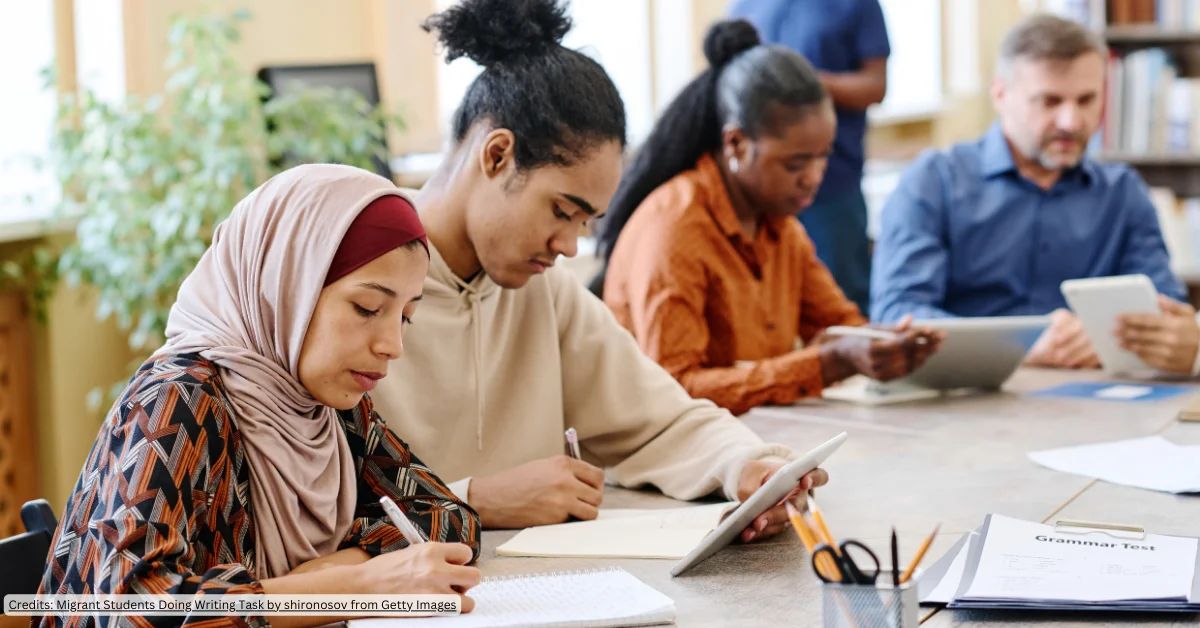For many in the LGBTIQ+ community, facing the end of life can be an anxious experience. There are concerns about discrimination and not receiving respectful, affirmative care. A new online training program aims to change that.
LGBTQIA+ Health Australia has launched a free four-part e-learning course to teach healthcare workers how to make palliative and end-of-life care more inclusive. The goal? Ensure LGBTIQ+ patients can get the compassionate support they need without fear of bias.
LGBTQIA+ Health Australia CEO Nicky Bath said the program is available at no cost to those working or interested in palliative care. “The Program is part of LHA’s four-year National Palliative Care Project funded by the Department of Health and Aged Care, focused on building the capacity of the palliative care sector to provide culturally appropriate services to LGBTIQ+ people,” Bath said.
The modules cover the following topics:
- Module 1: Introduction to LGBTIQ+ communities
- Module 2: Barriers to providing and receiving palliative care
- Module 3: Enablers for LGBTIQ+ people in palliative care
- Module 4: Having end-of-life planning conversations
Healthcare workers who complete the accredited course can earn professional development credits. But the real impact is giving LGBTIQ+ patients the dignity and affirmation they deserve at such a difficult time.
Dr Ashwin Kaniah, a member of the LGBTIQ+ community who helped develop the program, emphasised the importance of normalising language and creating safe spaces for community members to access quality healthcare.
“One of my hopes for palliative care as it relates to LGBTIQ+ communities is that health care providers will ask the question about sexual orientation, gender identity and variations of sex characteristics at the very beginning, as well as those same health care workers reporting their perceived barriers to knowledge and experience in practising inclusive palliative care.“
Dr Kaniah also highlighted the potential for mandatory training in healthcare institutions to ensure inclusive palliative care practises. By gathering more data on healthcare workers’ experiences and knowledge gaps in palliative care, Dr Kaniah believes that such training could mirror the success of cultural safety programs for Aboriginal and Torres Strait Islander people.
This article was also published on the Healthcare Channel.
Menchie Khairuddin is a writer Deputy Content Manager at Akolade and content producer for Third Sector News. She is passionate about social affairs specifically in mixed, multicultural heritage and not-for-profit organisations.
- Menchie Khairuddinhttps://thirdsector.com.au/author/menchi-kakolade-co/
- Menchie Khairuddinhttps://thirdsector.com.au/author/menchi-kakolade-co/
- Menchie Khairuddinhttps://thirdsector.com.au/author/menchi-kakolade-co/
- Menchie Khairuddinhttps://thirdsector.com.au/author/menchi-kakolade-co/











